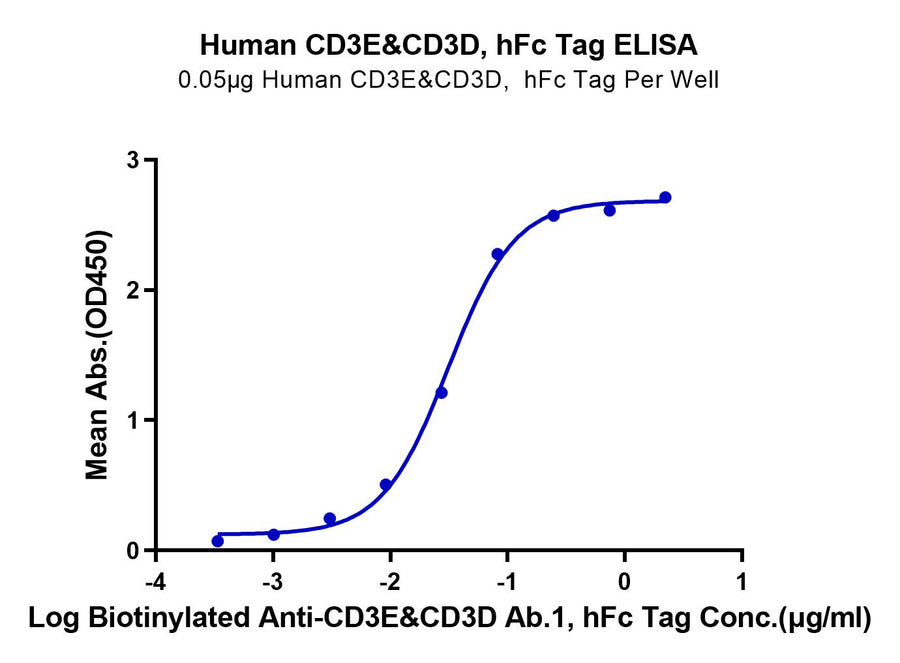Product Description |
Recombinant Mouse APOE/Apolipoprotein E Protein is expressed from HEK293 with hFc tag at the C-Terminus.It contains Glu19-Gln311. |
Product Background |
Apolipoprotein E (apoE) is a lipid carrier in both the peripheral and the central nervous systems. Lipid-loaded apoE lipoprotein particles bind to several cell surface receptors to support membrane homeostasis and injury repair in the brain. Considering prevalence and relative risk magnitude, the ε4 allele of the APOE gene is the strongest genetic risk factor for late-onset Alzheimer's disease (AD). |
Product Category |
Recombinant Protein / Antibody discovery / Immune checkpoint proteins |
Protein |
APOE/Apolipoprotein E |
Synonyms |
Apolipoprotein E; Apo-E; APOE; apolipo E |
Accession |
|
Species |
Mouse |
Biotinylated |
no |
Amino Acid Range |
Glu19-Gln311 |
Molecular Weight |
The protein has a predicted MW of 60.7 kDa. Due to glycosylation, the protein migrates to 62-66 kDa based on Bis-Tris PAGE result. |
Product Tag |
C-hFc |
Expression System |
HEK293 |
Purity |
> 95% as determined by Bis-Tris PAGE;> 90% as determined by HPLC |
Endotoxin |
Less than 0.1 EU per ug by the LAL method. |
Form |
Lyophilized |
Shipping |
Shipped at ambient temperature. |
Formulation |
Lyophilized from 0.22um filtered solution in 20mM PB, 150mM NaCl (pH 7.4). Normally 8% trehalose is added as protectant before lyophilization. |
Reconstitution |
Centrifuge the tube before opening. Reconstituting to a concentration more than 100 ug/ml is recommended. Dissolve the lyophilized protein in distilled water. |
Stability And Storage |
-20 to -80°C for 12 months as supplied from date of receipt.;-80°C for 3 months after reconstitution.;Recommend to aliquot the protein into smaller quantities for optimal storage. Please minimize freeze-thaw cycles. |
Related Products
Have more questions?
Check out our Frequently Asked Questions page for more details about product specifications, ordering, and shipments.
Contact Us
More from Antibody Drug Discovery Proteins
Recently viewed















